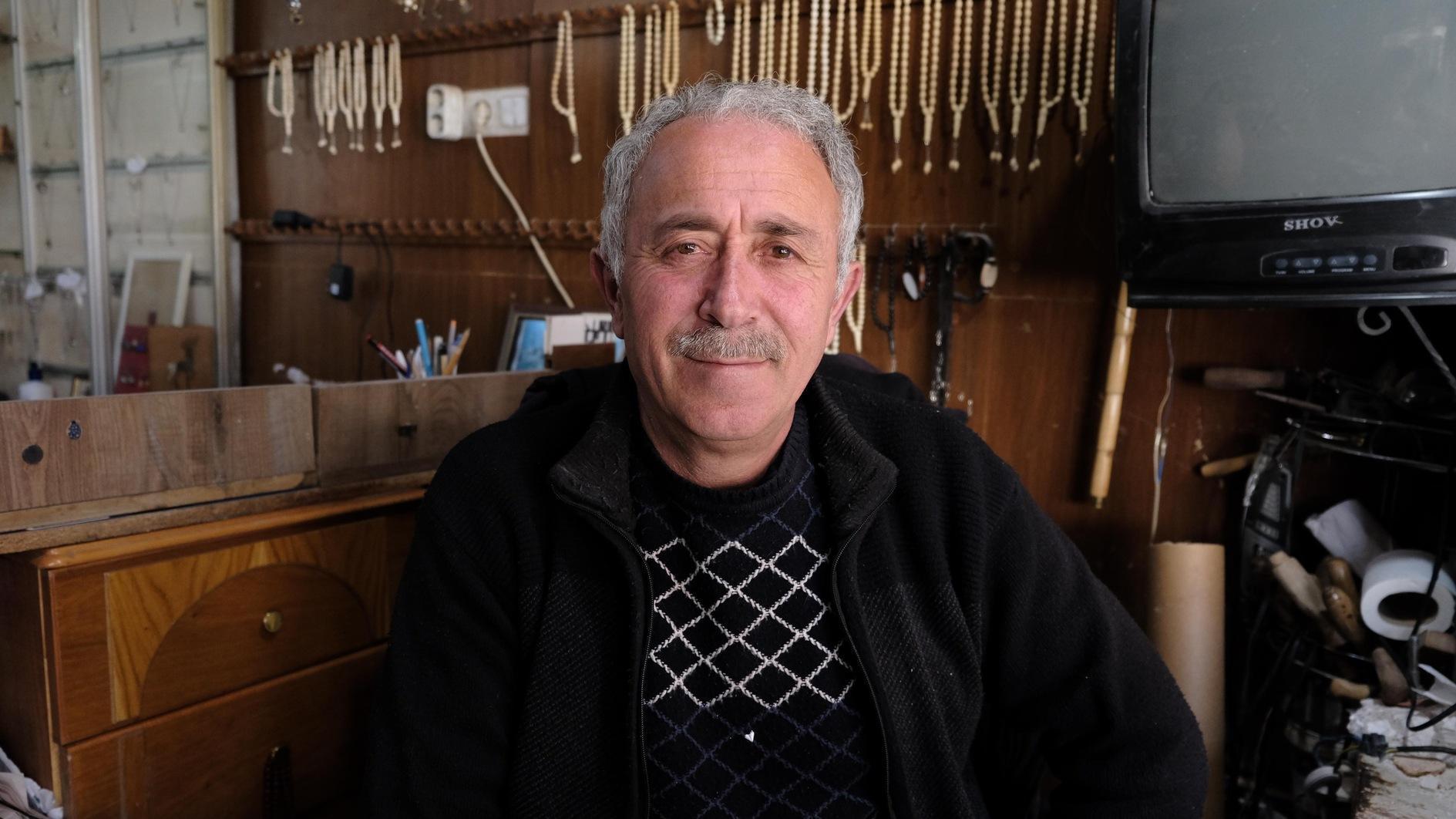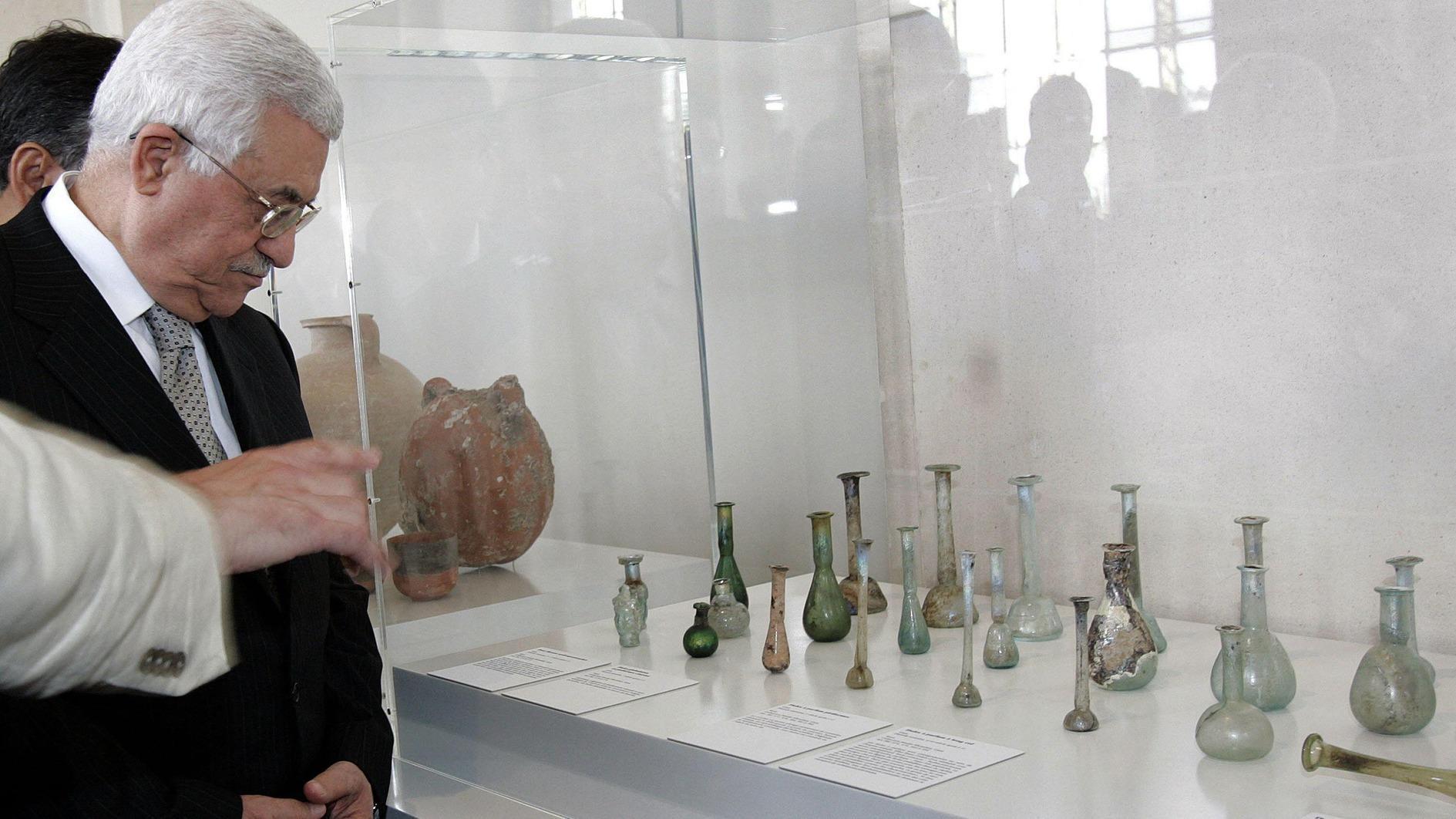Qatar and Cyprus
The other day, I called a Turkish Cypriot academic friend of mine who has written several articles on the Cyprus issue.
“What do you say; do you think they will solve it this time?” I asked directly.
Ahead of previous similar peace talks, he would always resolutely say, “It will not be solved.”
He was proven right all the time, including the 2004 referendum for the U.N.-brokered peace deal.
This time he surprised me and said, “This time they will solve it,” but with one reservation. “If the British are willing to,” he said.
“The current situation looks like the one that preceded the London agreement. Just like then, today, there is also an effort to normalize Turkey’s relations with the West. And Cyprus could be the key to this effort,” he added.
Will Turkish Armed Forces leave Cyrus and go to Qatar?
“Do you mean the Turkish government will pull back its soldiers and call back Turkish citizens?” I asked again.
I was pondering the question on why an army trying to win a new front by opening a military base in Qatar would end its strategic military presence in Cyprus.
And then I asked whether the Qataris invested in Turkish Cyprus, and whether or not they recognize Turkish Cyprus.
“They did not show much interest after the death of [late Turkish president Turgut] Özal,” he said.
I checked previous minutes of the United Nations. Qatar has never pursued a policy independent from the Gulf Cooperation Council (GCC) on Turkish Cyprus.
Whatever stance the GCC took, Qatar endorsed it.
Speaking of the GCC, we should mention interviews conducted in Qatar by İpek Yezdani from daily Hürriyet.
She recently spoke to Abdulaziz bin Ahmed, the owner of Sharaka Holding. “For us, the Gulf Cooperation Council is finished. We will do all our projects with Qatar,” he told Yezdani, repeating the same message of all the other Qataris who Yezdani spoke to.
When reading the interview, I asked myself why in that case was Qatar not acting independent from the GCC and recognizing Turkish Cyprus.
Will Qataris be as generous as they are to the Americans?
The opening of a Turkish military base in Qatar is being presented as a favor to Turkey. Yet all the foreign military forces that Qatar invited to its lands, including the U.S. army, have become a more deterrent factor than the Qatari army. I am talking about a country where only 350,000 of the 2.3 million people are Qataris, and only six of its 11 warplanes are in active duty.
But many questions are raised when Qatar buys millions of dollars’ worth of military assistance from the United States after each crisis.
I am very curious; what were the Turkish defense industry’s exports to Qatar like before this crisis. Or how many Turkish products, which are now filling the markets in Qatar after the embargo was placed, used to make it to the shelves previously?
Turkey’s gas deals with Qatar
And let me not forget, while talking about Turkey-Qatar relations, it would be impossible not to mention the liquefied natural gas (LNG) issue.
LNG is an important additional support to the gas Turkey buys from Russia and Iran.
When there is some disturbance during the winter in the natural gas coming via pipelines, LNG becomes a precious emergency support.
I have, for many years, followed negotiations between Turkey and Qatar on LNG. Turkey wanted to strike a 20-year deal for an annual purchase of 1 or 2 billion bcm LNG. Qatar, which had an agreement of a 1 million bcm LNG sale with even Poland, never warmed to that proposal; it always sold it from the spot market. No need to tell the difference in cost. Turkey needs to be careful on the Qatar issue.











